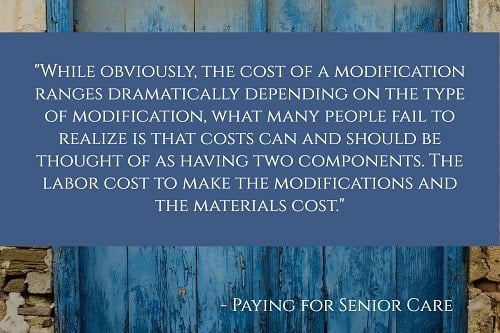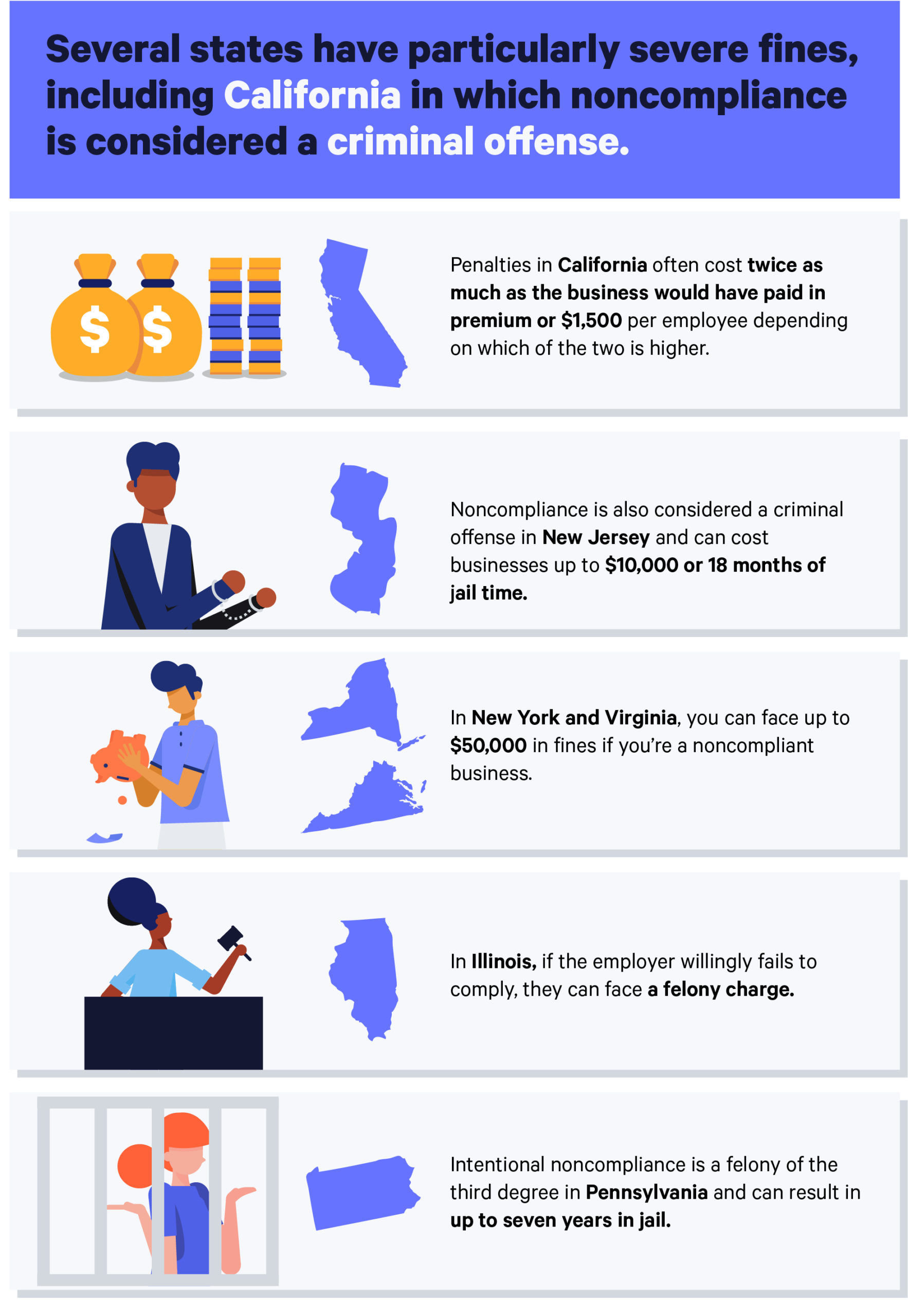Understanding How Much is a Home Equity Loan Payment: A Comprehensive Guide to Costs and Considerations
#### How much is a home equity loan paymentWhen considering financing options, many homeowners turn to home equity loans as a viable solution. However, a co……
#### How much is a home equity loan payment
When considering financing options, many homeowners turn to home equity loans as a viable solution. However, a common question arises: **how much is a home equity loan payment?** This inquiry encompasses not just the monthly payment amount but also the various factors that influence this figure. In this detailed guide, we will explore the intricacies of home equity loan payments, helping you understand what to expect and how to calculate your potential costs.
#### What is a Home Equity Loan?
A home equity loan allows homeowners to borrow against the equity they have built up in their property. Equity is the difference between the market value of your home and the amount you owe on your mortgage. For instance, if your home is worth $300,000 and you owe $200,000, your equity is $100,000. Home equity loans typically come with fixed interest rates and are disbursed as a lump sum, making them an attractive option for major expenses such as home renovations, debt consolidation, or educational costs.
#### Key Factors Influencing Home Equity Loan Payments
When calculating **how much is a home equity loan payment**, several factors come into play:
1. **Loan Amount**: The total amount you borrow will directly affect your monthly payment. Larger loans will result in higher payments, while smaller loans will be more manageable.
2. **Interest Rate**: The interest rate on your home equity loan can vary based on your credit score, the lender, and market conditions. A lower interest rate will result in lower monthly payments.

3. **Loan Term**: Home equity loans typically have terms ranging from 5 to 30 years. A longer term may reduce your monthly payment but will increase the total interest paid over the life of the loan.
4. **Fees and Closing Costs**: Some lenders may charge fees for processing your loan, which can add to your overall cost. Be sure to factor in any closing costs when determining your budget.
#### How to Calculate Your Monthly Payment
To determine **how much is a home equity loan payment**, you can use the following formula:
\[ \text{Monthly Payment} = \frac{P \times r(1 + r)^n}{(1 + r)^n - 1} \]
Where:

- \( P \) = Loan amount
- \( r \) = Monthly interest rate (annual rate divided by 12)
- \( n \) = Number of payments (loan term in months)
For example, if you take a home equity loan of $50,000 at an interest rate of 5% for 15 years, your monthly payment would be calculated as follows:
1. Convert the annual interest rate to a monthly rate: \( 5\% / 12 = 0.004167 \)
2. Determine the number of payments: \( 15 \times 12 = 180 \)

3. Plug the values into the formula to find the monthly payment.
#### Additional Considerations
While understanding **how much is a home equity loan payment** is crucial, it’s equally important to consider the implications of taking out such a loan. Using your home as collateral means that failure to repay the loan can result in foreclosure. Therefore, assess your financial situation carefully and ensure that you can comfortably manage the monthly payments.
#### Conclusion
In summary, knowing **how much is a home equity loan payment** involves understanding various factors, including the loan amount, interest rate, and term length. By carefully calculating your potential monthly payments and considering the long-term implications, you can make an informed decision about whether a home equity loan is the right choice for your financial needs. Always consult with a financial advisor or mortgage specialist to explore your options and find the best solution for your situation.